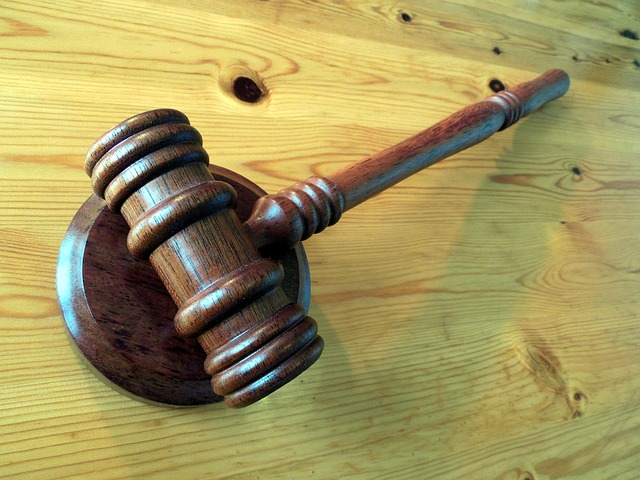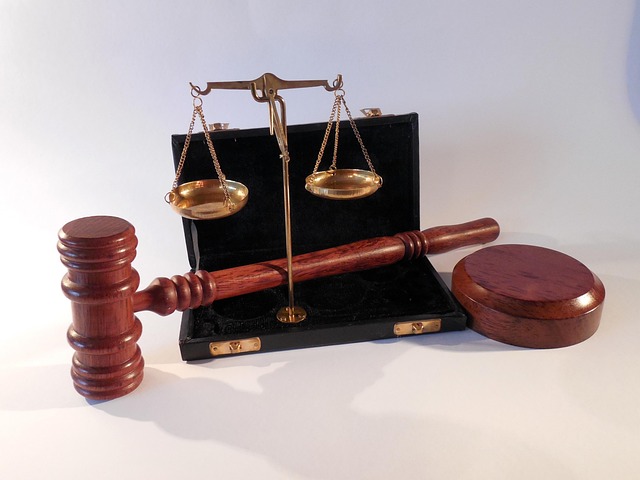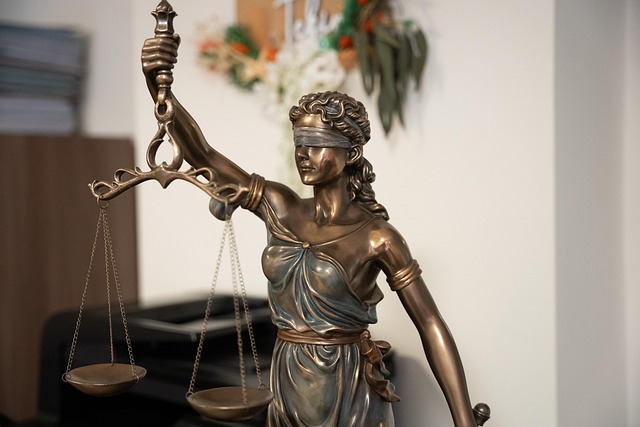In the complex RF Securities Industry Regulation ecosystem, government agencies like the SEC oversee the securities market, protect investors, and enforce federal laws. Prosecutors play a crucial role as key architects of justice through strategic plea bargaining, balancing the pursuit of justice with resource management and public expectations. Their nuanced approach involves meticulously weighing evidence, offering incentives for guilty pleas, and forging mutually beneficial agreements. This strategy ensures efficient case resolution, reduces charges and penalties, and maintains public trust in the legal system while addressing intricate financial crimes within dynamic financial markets.
The RF Securities Industry Regulation is a complex landscape governed by intricate rules and key players, with prosecutors playing a pivotal role. This article delves into the intricacies of this regulatory framework, focusing on prosecutor strategies in the plea bargaining process. We explore the dynamics between prosecutors and defendants, examining successful case studies within the RF securities sector. By understanding these key aspects, we can appreciate the delicate balance between justice and efficiency in financial regulations.
- Understanding RF Securities Industry Regulation: Key Players and Framework
- The Role of Prosecutors in Plea Bargaining: Strategies for Effective Negotiation
- Prosecutor-Defendant Dynamics: Balancing Justice and Efficiency
- Case Studies: Successful Plea Bargaining in the RF Securities Sector
Understanding RF Securities Industry Regulation: Key Players and Framework
The RF Securities Industry Regulation is a complex web that involves various key players and a robust framework to ensure fair trading practices. At the heart of this regulatory landscape are government agencies, such as the Securities and Exchange Commission (SEC), tasked with overseeing the securities market, protecting investors, and enforcing federal securities laws. These agencies play a crucial role in maintaining integrity by conducting inspections, investigating potential violations, and imposing penalties on non-compliant entities.
Beyond these regulators, the legal system contributes significantly to the regulatory framework through prosecutor strategies in the plea bargaining process. Prosecutors, employing creative approaches, negotiate with individuals or firms accused of securities fraud, aiming for plea agreements that achieve extraordinary results. This strategy not only streamlines the judicial process but also ensures that those found guilty face meaningful consequences, deterring future violations and reinforcing the importance of strict compliance within the industry. The interplay between these entities forms a critical balance to safeguard the integrity of RF securities transactions, ensuring fair practices and protecting investors in the dynamic financial markets.
The Role of Prosecutors in Plea Bargaining: Strategies for Effective Negotiation
In the RF Securities Industry Regulation landscape, prosecutors play a pivotal role in the plea bargaining process. This strategic negotiation is crucial for achieving just outcomes in high-stakes cases where winning challenging defense verdicts can be complex. Prosecutors employ various strategies to ensure the integrity of the justice system while also considering the interests of all parties involved. They carefully assess the evidence, consult with expert witnesses, and evaluate the potential consequences of going to trial versus accepting a plea bargain.
Effective prosecutor strategies in the plea bargaining process involve offering incentives that encourage guilty pleas while maintaining fairness. This may include recommending reduced sentences, dropped charges, or even complete dismissal of all charges for cooperation or exceptional circumstances. In navigating these negotiations, prosecutors must balance their pursuit of justice with the reality of managing limited resources and public expectations. Their goal is to reach agreements that not only secure convictions but also foster a more efficient legal system.
Prosecutor-Defendant Dynamics: Balancing Justice and Efficiency
In the RF Securities Industry Regulation landscape, the dynamics between prosecutors and defendants are crucial to achieving both justice and operational efficiency. The plea bargaining process is a cornerstone of this interaction, where prosecutor strategies play a pivotal role in shaping outcomes for corporate and individual clients alike. Skilled prosecutors balance the need to pursue justice with the goal of securing convictions, often considering the respective business interests and unprecedented track records of those involved.
Effective prosecutor strategies in plea bargaining can lead to mutually beneficial agreements. For defendants, these strategies may offer a path to mitigate charges and penalties, allowing them to move forward with their respective business ventures. Meanwhile, prosecutors benefit from ensuring that guilty parties are held accountable while managing the efficiency of their cases. This delicate balance is essential for maintaining public trust in the legal system, demonstrating that justice is both fair and swift.
Case Studies: Successful Plea Bargaining in the RF Securities Sector
The RF Securities industry is no stranger to legal challenges, often involving complex financial crimes like fraud and insider trading. Within this landscape, plea bargaining emerges as a significant strategy in resolving cases efficiently. Case studies reveal successful instances where prosecutors employ strategic tactics during the plea bargaining process, leading to substantial outcomes. These negotiations are crucial in managing resources and achieving justice, especially in white-collar defense cases.
Prosecutor strategies often focus on presenting compelling evidence at all stages of the investigative and enforcement process. By meticulously compiling financial records, expert analyses, and witness statements, prosecutors strengthen their positions. This comprehensive approach enables them to offer plea bargains that are mutually beneficial—defendants secure reduced charges or sentences while the prosecution ensures a measure of guilt and cooperation, potentially leading to winning challenging defense verdicts.
The regulation of the RF securities industry hinges on a delicate balance between ensuring market integrity and facilitating efficient dispute resolution. Throughout this article, we’ve explored crucial aspects of this equilibrium, from understanding key regulatory frameworks to examining prosecutor strategies in plea bargaining. By analyzing successful case studies, it’s evident that effective negotiation tactics are instrumental in reaching mutually beneficial outcomes. As the securities landscape continues to evolve, prosecutors play a pivotal role in navigating complex dynamics, upholding justice, and streamlining processes for all stakeholders involved.






